Category:- Logistics
You can find all the logistics related posts here.
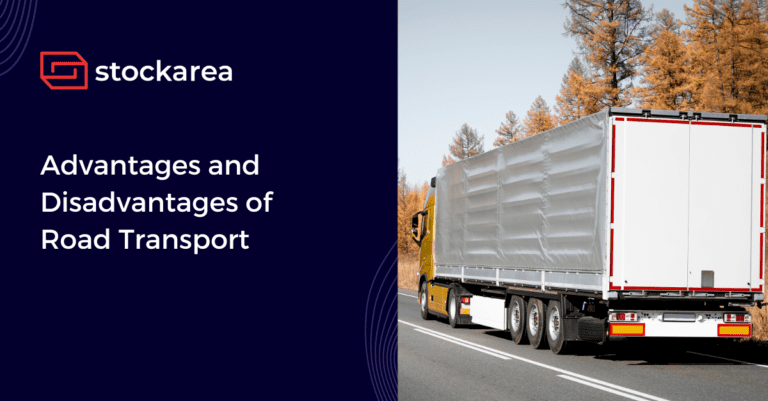
Advantages & Disadvantages Of Road Transport
Transportation is an essential link of the logistics system, acting as a branch of material production and transporting goods. Road transport is the most extensively used mode of transportation used for both domestic and commercial purposes. Ranging from cost effectiveness to high flexibility, there are numerous factors which act as significant advantages in this mode of transportation; however, there are certain drawbacks which cannot be overlooked. Let us discuss some advantages and disadvantages of Road Transport in this blog.
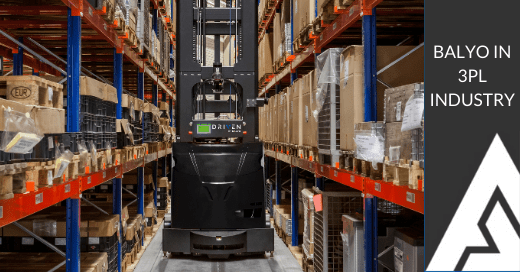
Going Up: Logistics Leaders Solve Warehouse Space Constraints
Warehouse space, if available is too expensive, that is unless space utilization can increase 10 – 30% by simply adding elevation of storage capacity. Before going up, feet on the ground, there is a reason 3PLs (third-party logistics), distribution centers, warehouses, and manufacturing work cells have not considered adding a layer of shelving, racking, and conveyance. The limitation of the reach trucks needed to strategically “go up” have prohibited getting access to the extra level of mezzanine capacity. This constraint has been solved with robotics and industrial technology.
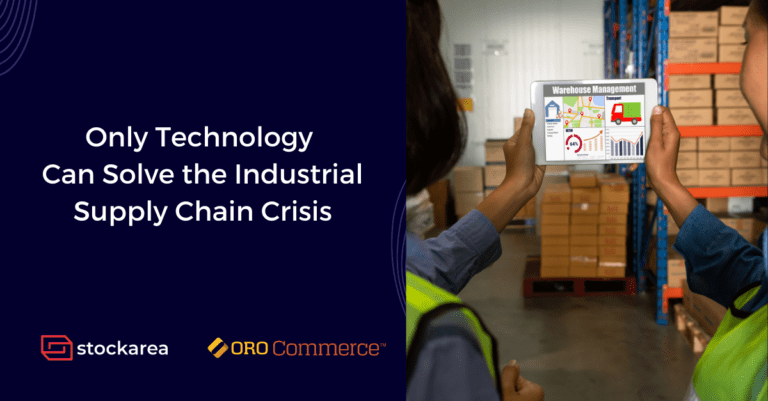
Only Technology Can Solve the Industrial Supply Chain Crisis
Digital B2B eCommerce, while extraordinary, triggered the scope of the supply chain problem. Buyers purchase more online. This frictionless purchasing path has driven demand at a time when supply chains are fragile. Companies react to shortages by stockpiling supplies, exacerbating the misaligned inventory. These supply chain challenges are further aggravated by worker shortages found in every vertical segment.
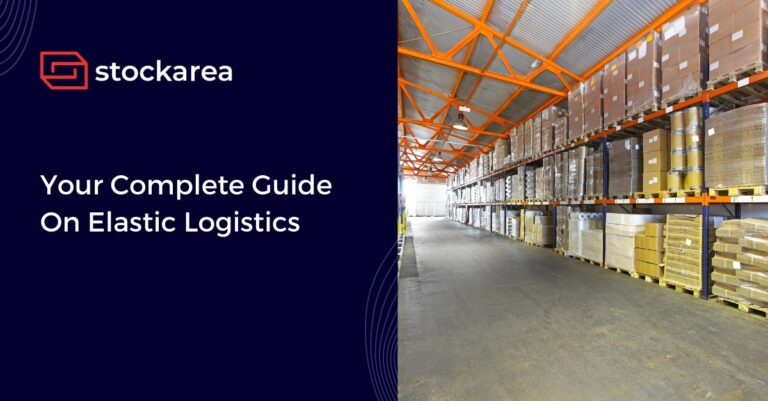
What Is Elastic Logistics?
Elastic logistics is a technique for expanding and contracting logistical capabilities as needed, thus enhancing the overall cost-efficiency of the supply chain. Elastic logistics enables businesses to operate their supply chains more efficiently in response to market swings, scaling up or down based on seasonal activity and other factors. Lean or just-in-time business models have been around for some time, but elastic logistics is gaining popularity.

Top 8 Technologies Shaping The Future Of Logistics
The logistics industry is constantly evolving. New technology and innovations are transforming the way we ship goods around the world. In the nearest future, what has been the traditional way of shipping will possibly be enhanced by technology. Ahead, we will take a look at eight (8) of the most influential innovations that will be shaping the future of logistics.
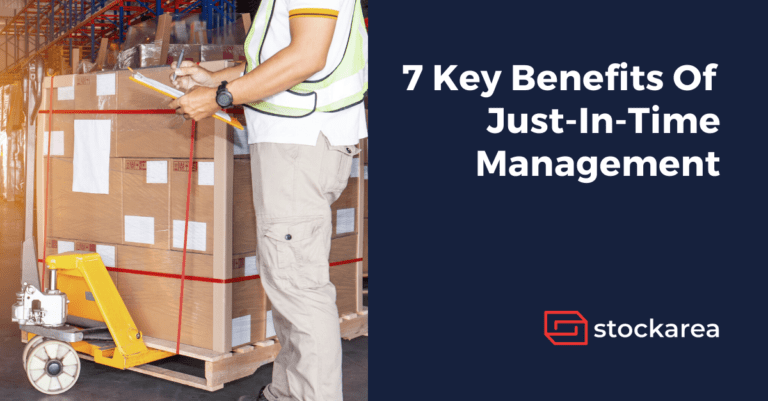
7 Major Benefits Of Just-In-Time (JIT) Process
Inventory management assures adequate supply to fulfill customer demand. Inventory management tools and practices can help businesses forecast and satisfy customer demand. For effective inventory management, purchasing, reorders, shipping, warehousing, storage, customer satisfaction, asset turnover, and other data are collected and analyzed. The goal is to maximize earnings with little inventory investment while maintaining customer satisfaction. Inventory management can assist prevent stock-outs and overstocking.
A Just in Time programme has numerous advantages, which will be discussed in this blog.
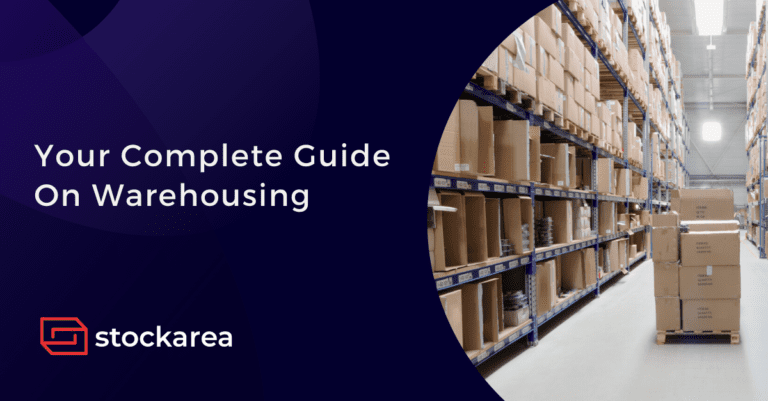
What Is Warehousing?
Businesses can temporarily store products and optimize shipping to customers with the help of warehousing. Even repackaging products for marketing purposes or optimizing the package for last-mile delivery is possible thanks to warehousing. These are essential steps for ensuring that products move through the supply chain to the final customer, ensuring that they have the best experience possible.
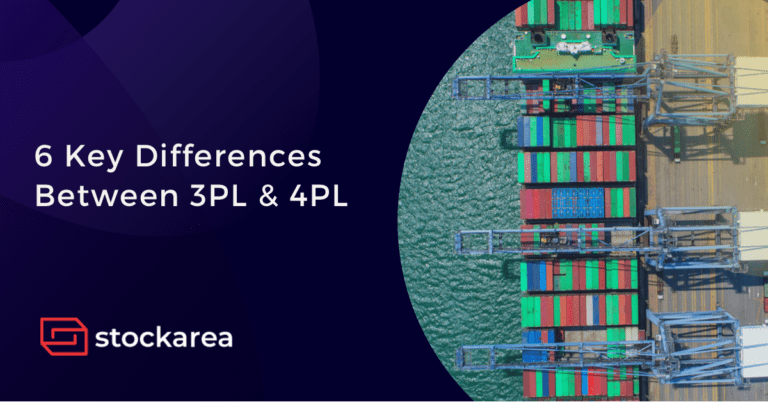
3PL vs 4PL: Understanding The Key Differences
When looking for fulfillment providers, you will most likely come across two terms: ‘3PL’ and ‘4PL.’. While 3PLs are far more popular, both phrases refer to outsourcing fulfillment and e-commerce logistics services, so understanding the distinction is critical. In this article, you’ll understand the essential differences between a 3PL and a 4PL to help you decide which type of logistics provider is best for your company.

4 Major Benefits Of Blockchain In Supply Chain
While blockchain technology is still in its infancy, particularly in logistics operations, its promise for the sector cannot be questioned. It can transform every aspect of logistics, from inventory management to transportation tracking. By utilizing blockchain technology for data authentication, the entire supply chain can contribute and authenticate data with the confidence that it will not be tampered with. We will examine several ways that blockchain technology can assist the supply chain in today’s blog.